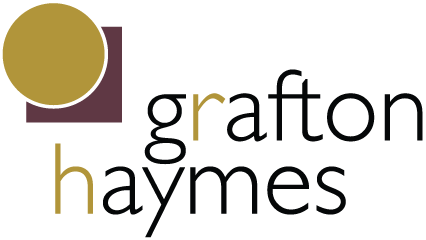A recent BBC article reports that the UK has seen the strongest two quarters of productivity growth since the recession of 2008, according to the latest data.
Output per hour rose 0.8% in the three months to December, the Office for National Statistics said. It follows growth of 0.9% in the previous period.
There was also a better than expected rise in wages. Excluding bonuses, earnings rose by 2.5% year-on-year. However, unemployment edged higher, but still remains low at 4.4%.
The growth in productivity – as measured by the amount of work produced per working hour – will provide encouragement to policy makers who have wrestled with the challenge of low productivity growth since the financial crisis.
The ONS said the surprise rise in the unemployment rate raised the question of whether the UK’s long run of falling unemployment might be over.
The rise in wages still lags behind inflation which stood at 3% at the end of last year. So average pay has not increased in real terms. But a pick up in wage growth is another sign that the UK economy could be shifting tack.
Economists suggest that the rise in wages is significant. Yael Selfin, chief economist at KPMG in the UK, said: “There are signs that average weekly earnings, which rose by 2.5% in the fourth quarter, are beginning to respond to the tightness of the labour market, although households are still feeling the squeeze when accounting for inflation, with real earnings falling by 0.3%.”
She also described the productivity figures as “very encouraging”.
“If stronger productivity continues into 2018, the Bank of England may decide to hold at least once on raising rates this year,” she added.
Unemployment chart
The increase in unemployment for the three months to the end of December was the first rise in the jobless rate for two years. However, the total number of people in work also continued to rise, jumping by 88,000 in the same period.
Some of that increase was due to people previously classed as inactive and not looking for work moving into the workforce or registering as unemployed.
Presentational grey line
